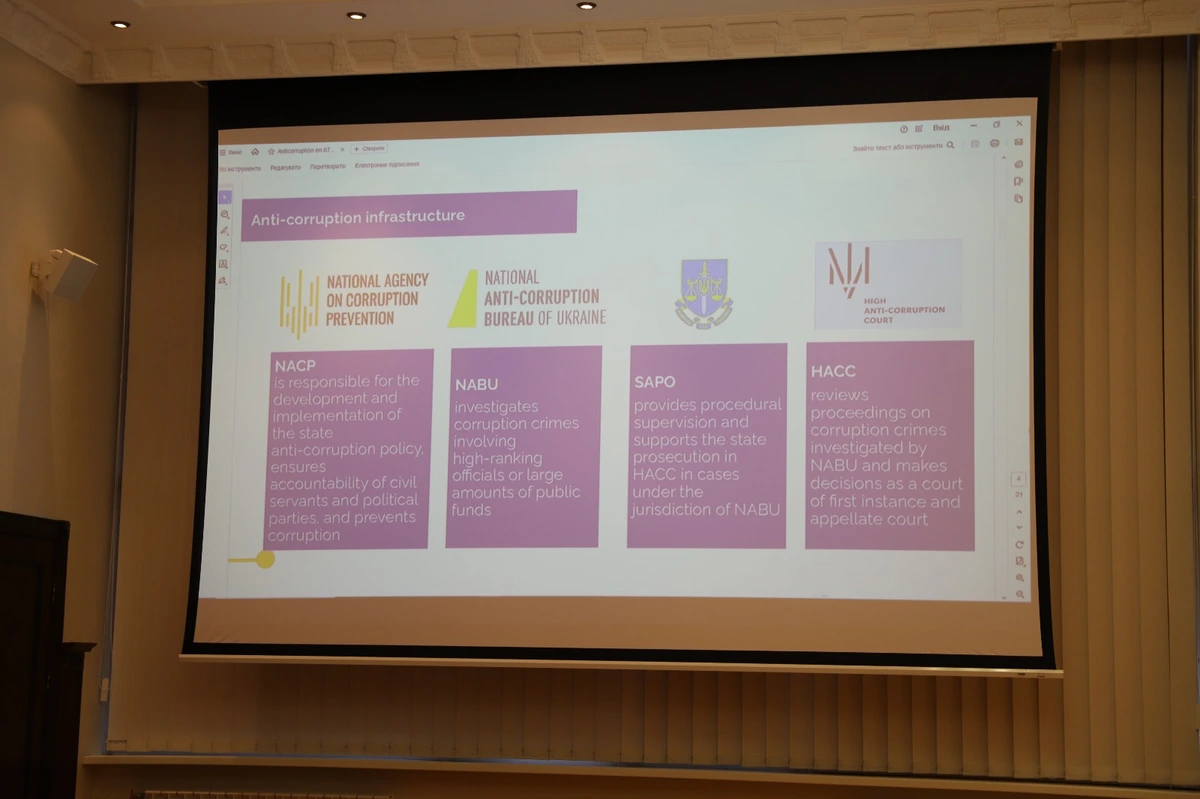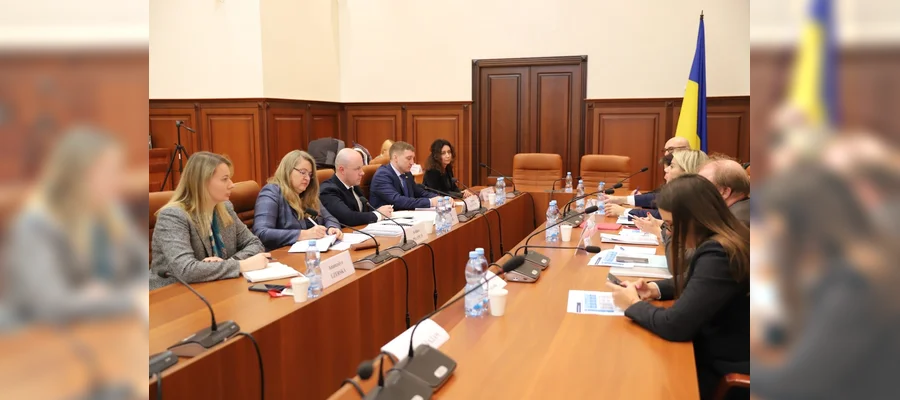
Representatives of the National Agency on Corruption Prevention (NACP) held a working meeting with the co-rapporteurs of the Monitoring Committee of the Parliamentary Assembly of the Council of Europe (PACE), who are visiting Ukraine. The purpose of the meeting was to familiarize international partners with the activities of the NACP, Ukraine’s progress in the field of corruption prevention, and the challenges arising under martial law.
The representatives of the PACE Monitoring Committee noted the progress achieved by Ukraine in the field of corruption prevention and emphasized the importance of maintaining the independence of anti-corruption institutions. They paid particular attention to the existence of preventive mechanisms in the current legislation that guarantee protection of this independence from any form of pressure.
“Any legislative initiatives in the field of anti-corruption policy must be adopted in accordance with the principles of transparency and broad consultations — in line with GRECO recommendations. This is especially important for draft laws that affect the activities of institutions responsible for preventing and combating corruption. The independence of anti-corruption bodies is an important issue for European integration, as well as a requirement of the State Anti-Corruption Strategy and Program. As a safeguard for maintaining the defined course, it would be advisable to legally establish a rule requiring the NACP’s mandatory position on all draft laws concerning the functioning of anti-corruption institutions — as an additional mechanism for preventing and deterring risks of political or other influence,” emphasized Serhii Hupiak, Deputy Head of the NACP.
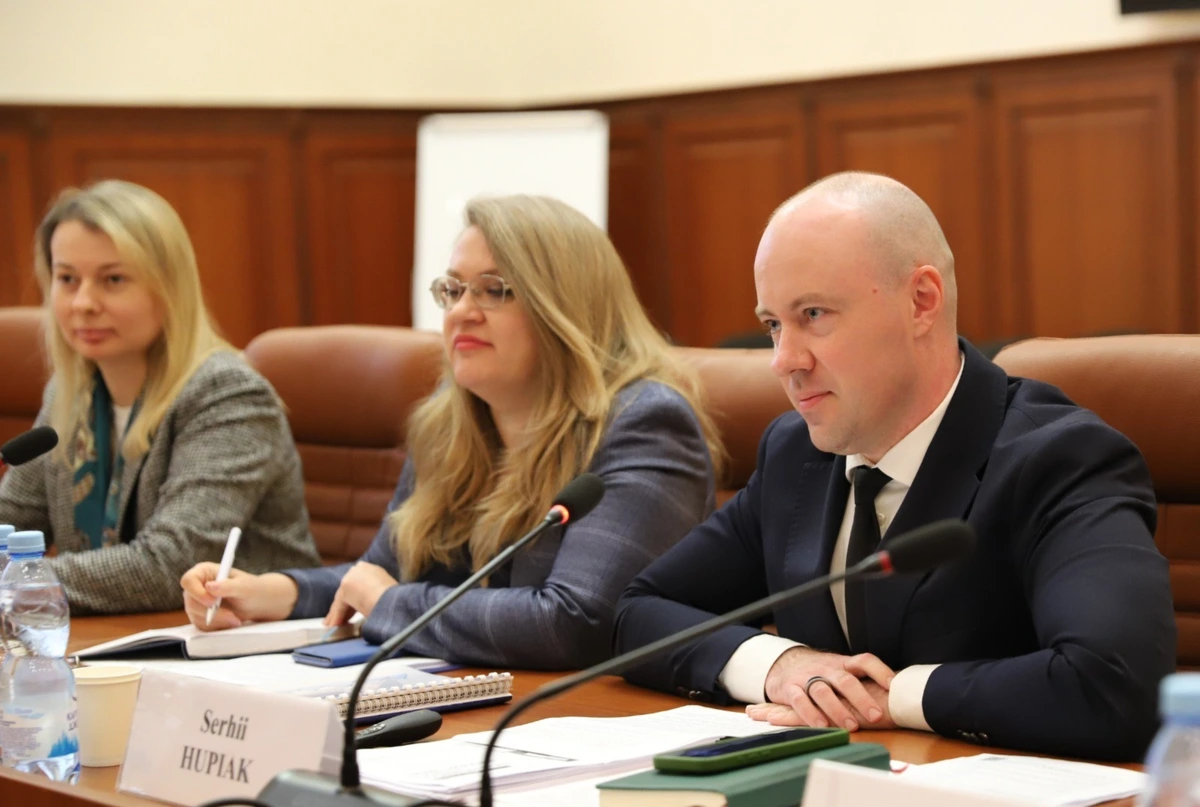
He informed the representatives of the Monitoring Committee about the significant changes that have taken place in the Agency’s activities and in the anti-corruption infrastructure overall since the Committee’s last visit to Ukraine in 2021.
In addition, Serhii Hupiak noted that the NACP currently performs more than 20 functions, which can be divided into seven key areas, including: the development and implementation of anti-corruption policy; prevention of corruption risks in the activities of state and local authorities; asset declaration; prevention of political corruption and lobbying; ensuring ethical conduct and preventing conflicts of interest among public officials; fostering intolerance of corruption through education and public awareness; as well as conducting anti-corruption expertise of draft legal acts and strategic analysis of corruption risks in various sectors.
The representatives of the PACE Monitoring Committee were particularly interested in Ukraine’s modern asset declaration system, which is now fully digitalized, provides public access to declarations, and covers more than 600,000 public officials. The system is integrated with 21 state registers, allowing for the automatic completion of more than half of the declaration sections.
Serhii Hupiak drew attention to the fact that to increase the efficiency of declaration verification, the NACP applies logical and arithmetic control, which automatically ranks risks and identifies declarations with the highest probability of violations, regardless of the declarant’s position.
NACP team also reported on the launch of the lobbying institute (in September 2025), which aims to make the processes of interaction between the state and business representatives transparent and accountable, as well as on the development of the Code of Ethics for Members of Parliament, the creation of which is provided for by the Rule of Law Roadmap and is an important step towards strengthening institutional integrity and eliminating corruption risks related to possible conflicts of interest and unethical behavior of parliamentarians.
The meeting was attended by Bastian Gerard Klein, Deputy Head of the PACE Monitoring Department; Damien Cottier and Saara-Sofia Sirén, co-rapporteurs of the PACE Monitoring Committee; Dmytro Kalmykov, Deputy Head of the NACP; heads of the Agency’s independent structural divisions; and Hanna Rozhkova, Head of the Temporary Special Commission of the Verkhovna Rada of Ukraine.
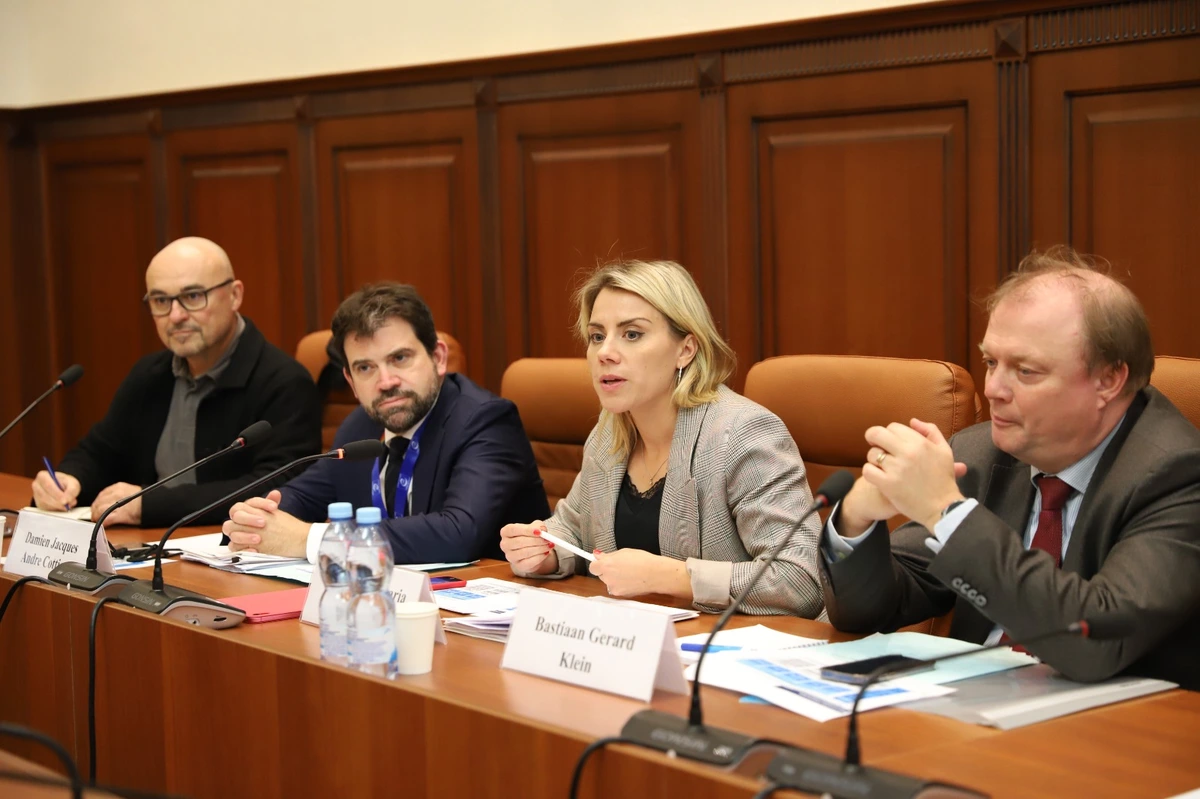
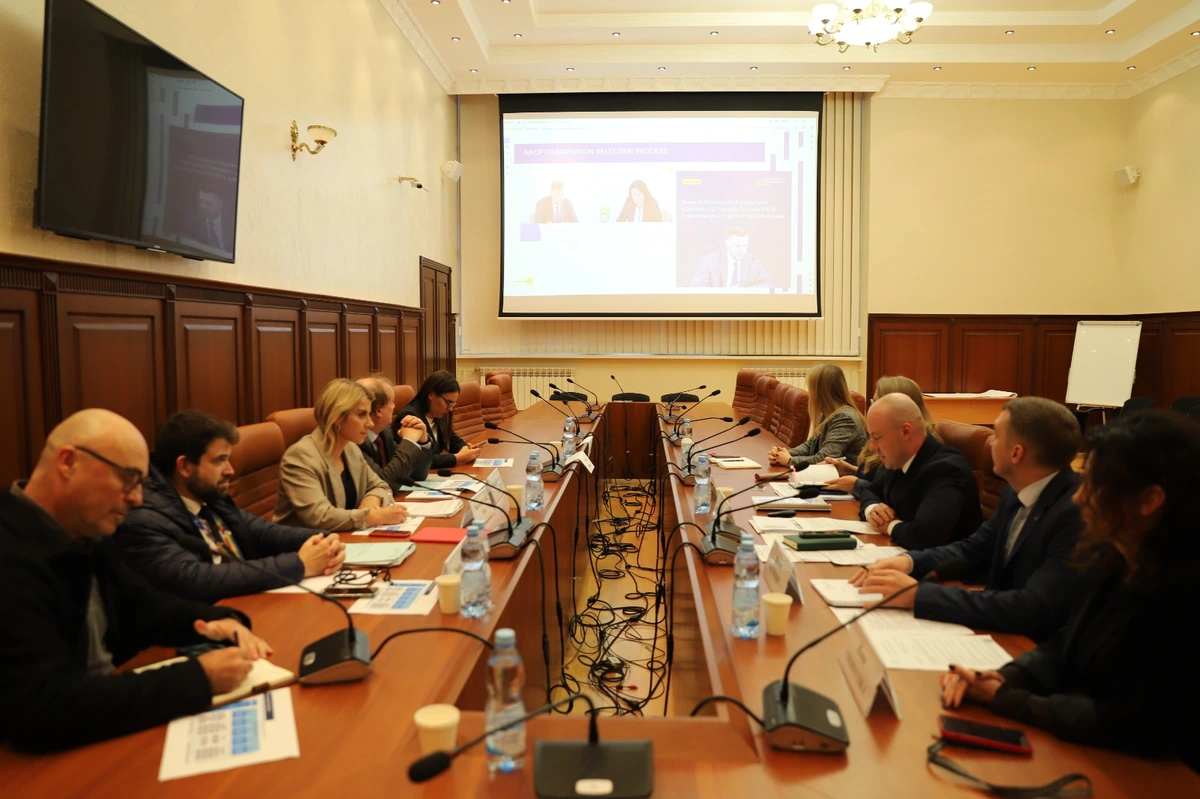
Background. The Parliamentary Assembly of the Council of Europe (PACE) is one of the two statutory bodies of the Council of Europe responsible for protecting human rights, promoting democracy, and upholding the rule of law.
The Monitoring Committee is a special body of PACE established in 1997 to oversee how the member states of the Council of Europe fulfill their obligations (the so-called “post-accession monitoring”). Ukraine, which has been a member of the Council of Europe since 1995, is subject to this monitoring, and the Committee regularly prepares reports and issues resolutions and recommendations to Ukraine. The last visit of the Monitoring Committee to Ukraine took place in 2021.
During monitoring visits, the Committee holds meetings with representatives of state institutions in Ukraine, including the NACP. The co-rapporteurs traditionally focus on ensuring the institutional independence of anti-corruption bodies, the transparency of the electronic declaration system, the prevention and management of conflicts of interest, as well as Ukraine’s progress in implementing GRECO (Group of States against Corruption) recommendations — a body of the Council of Europe.
